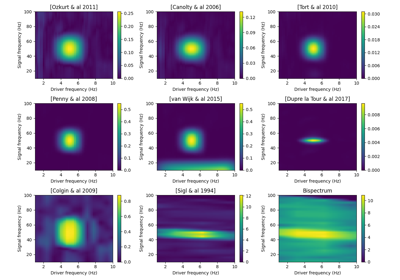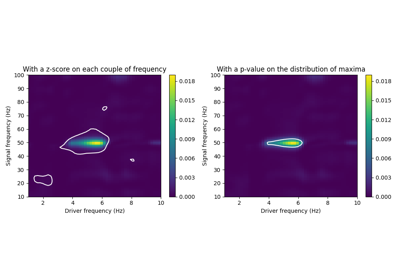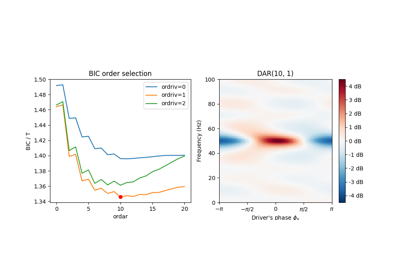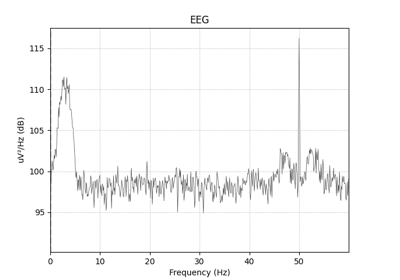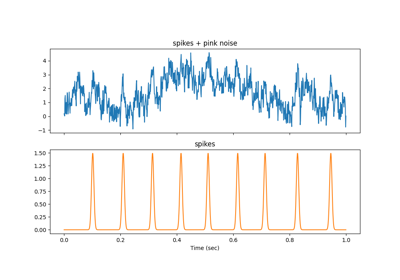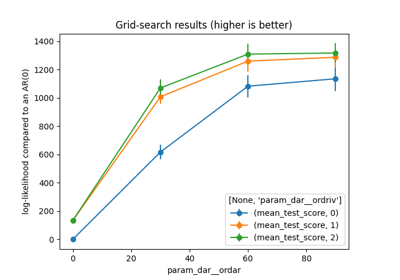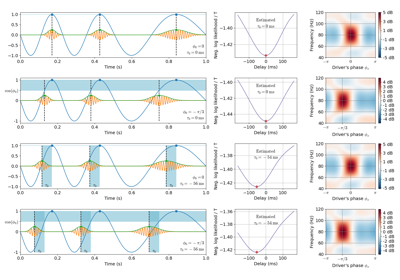Getting Started with pactools¶


This package provides tools to estimate phase-amplitude coupling (PAC) in neural time series.
In particular, it implements the driven auto-regressive (DAR) models presented in the reference below [Dupre la Tour et al. 2017].
Read more in the documentation.
Installation¶
To install pactools, you first need to install its dependencies:
pip install numpy scipy matplotlib scikit-learn
To enable all features, you will also need to install optional packages:
pip install mne h5py
Then install pactools with one of the following two commands:
Development version:
pip install git+https://github.com/pactools/pactools.git#egg=pactools
Latest stable version:
pip install pactools
To upgrade, use the --upgrade flag provided by pip.
To check if everything worked fine, you can do:
python -c 'import pactools'
and it should not give any error messages.
Phase-amplitude coupling (PAC)¶
Among the different classes of cross-frequency couplings, phase-amplitude coupling (PAC) - i.e. high frequency activity time-locked to a specific phase of slow frequency oscillations - is by far the most acknowledged. PAC is typically represented with a comodulogram, which shows the strenght of the coupling over a grid of frequencies. Comodulograms can be computed in pactools with more than 10 different methods.
Examples using pactools.Comodulogram¶
Driven auto-regressive (DAR) models¶
One of the method is based on driven auto-regressive (DAR) models. As this method models the entire spectrum simultaneously, it avoids the pitfalls related to incorrect filtering or the use of the Hilbert transform on wide-band signals. As the model is probabilistic, it also provides a score of the model goodness of fit via the likelihood, enabling easy and legitimate model selection and parameter comparison; this data-driven feature is unique to such model-based approach.
We recommend using DAR models to estimate PAC in neural time-series. More detail in [Dupre la Tour et al. 2017].
Examples using pactools.dar_model.DAR¶
Acknowledgment¶
This work was supported by the ERC Starting Grant SLAB ERC-YStG-676943 to Alexandre Gramfort, the ERC Starting Grant MindTime ERC-YStG-263584 to Virginie van Wassenhove, the ANR-16-CE37-0004-04 AutoTime to Valerie Doyere and Virginie van Wassenhove, and the Paris-Saclay IDEX NoTime to Valerie Doyere, Alexandre Gramfort and Virginie van Wassenhove,
Cite this work¶
If you use this code in your project, please cite [Dupre la Tour et al. 2017]:
@article{duprelatour2017nonlinear,
author = {Dupr{\'e} la Tour, Tom and Tallot, Lucille and Grabot, Laetitia and Doy{\`e}re, Val{\'e}rie and van Wassenhove, Virginie and Grenier, Yves and Gramfort, Alexandre},
journal = {PLOS Computational Biology},
publisher = {Public Library of Science},
title = {Non-linear auto-regressive models for cross-frequency coupling in neural time series},
year = {2017},
month = {12},
volume = {13},
url = {https://doi.org/10.1371/journal.pcbi.1005893},
pages = {1-32},
number = {12},
doi = {10.1371/journal.pcbi.1005893}
}
